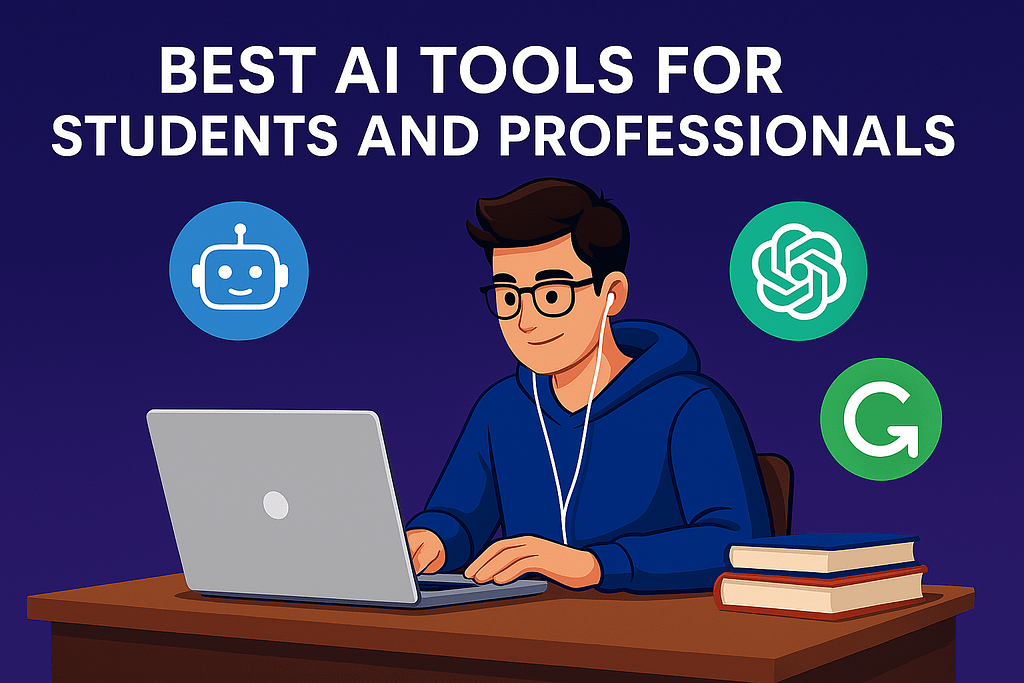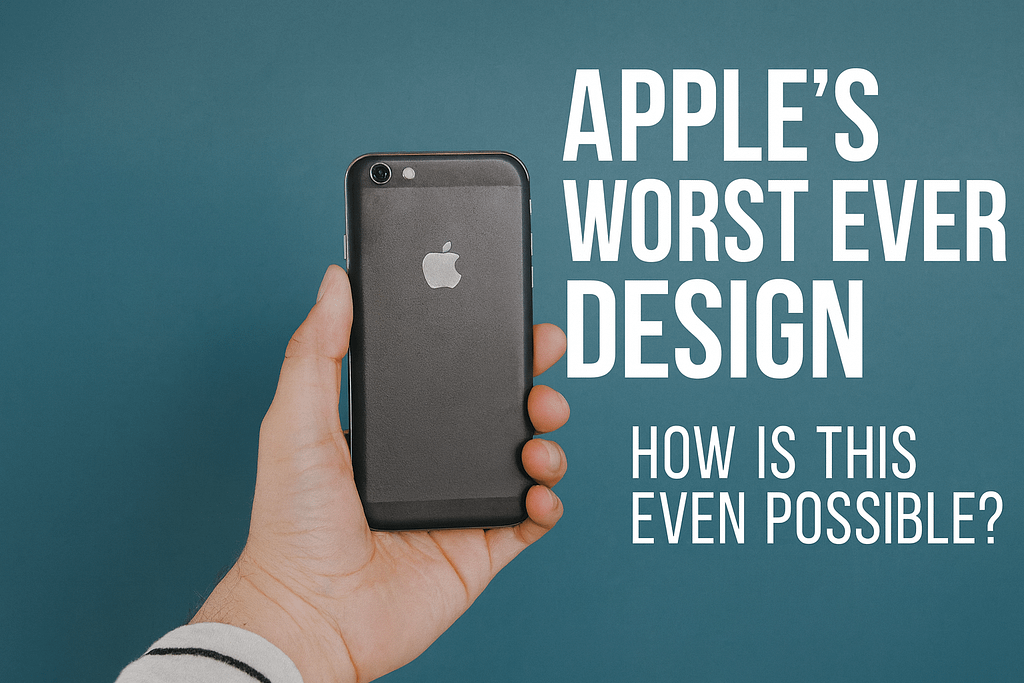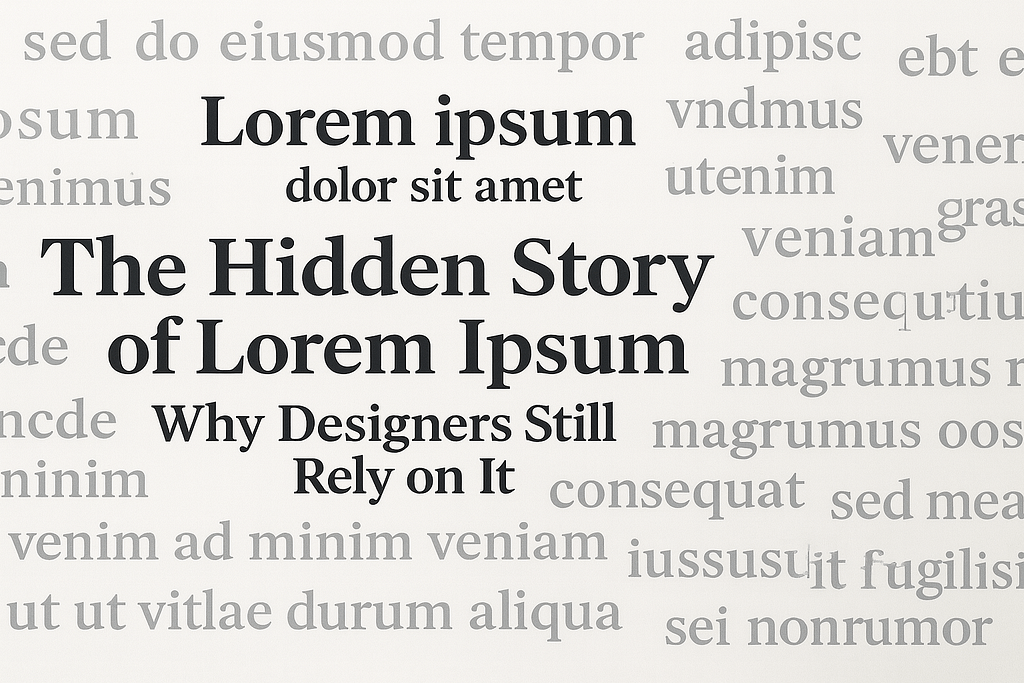Introduction
Artificial Intelligence has become a must-have tool for students and professionals. In 2025, AI tools are more advanced, affordable, and integrated into our daily workflows. They help with writing, research, productivity, creativity, and communication. Instead of replacing humans, these tools act as powerful assistants that save time and improve output.
Why AI Tools Matter in 2025
The value of AI tools today goes beyond simple text generation. They are now multimodal, meaning they can work with text, images, voice, and even video. They integrate seamlessly into platforms like Google Workspace, Microsoft 365, and Notion, making them easy to adopt. Most importantly, many tools now offer free or low-cost versions, allowing both students and young professionals to benefit from AI without heavy expenses.
Best AI Tools for Students and Professionals
ChatGPT
ChatGPT remains the most versatile AI assistant in 2025. It can help draft essays, reports, emails, research summaries, and even assist with coding. Students use it to brainstorm ideas and clarify concepts, while professionals use it for quick reports, client communication, and content generation. It’s powerful but must be fact-checked to avoid errors.
Grammarly
For anyone writing in English, Grammarly is a must. It checks grammar, spelling, punctuation, tone, and clarity. Students use it to polish essays and assignments, while professionals rely on it for reports, business emails, and presentations. The free version is great, but the premium unlocks advanced style and plagiarism checks.
Notion AI
Notion AI is ideal for organization and productivity. It helps manage notes, projects, and tasks, while also summarizing meeting notes and generating quick content drafts. Students use it as a study planner, and professionals rely on it for team collaboration and project management. It’s highly customizable but has a learning curve.
Otter.ai
Otter.ai specializes in transcribing lectures, meetings, and interviews. For students, it turns lectures into accurate notes. For professionals, it makes meetings searchable and shareable. It saves hours of manual note-taking and ensures nothing is missed. Accuracy depends on sound quality, but overall it’s one of the best transcription tools.
Google Gemini
Integrated into Google Docs, Sheets, and Gmail, Gemini is a built-in AI assistant for anyone using Google Workspace. It can summarize research, draft emails, create slide content, and analyze spreadsheets. This makes it especially useful for professionals who already work heavily in Google’s ecosystem.
Quizlet AI
Quizlet AI is a study companion that creates flashcards, quizzes, and practice tests. Students use it to prepare for exams more efficiently with spaced repetition. It may not be deep enough for complex subjects, but for memorization and revision, it’s excellent.
Canva AI
For design tasks, Canva AI is one of the most accessible tools. It automatically generates designs, presentations, posters, and graphics. Students use it for school projects and slides, while professionals rely on it for marketing visuals, reports, and social media. The free version offers plenty of templates, but the premium gives access to advanced features.
Lumio AI / Plex
These tools focus on media organization and smart recommendations. They’re useful for managing content libraries and personal media. Professionals use them to organize resources and presentations, while students benefit from curated educational and entertainment content.
How Students and Professionals Use Them Differently
Students rely on AI for research, summarizing lectures, writing essays, and exam preparation. They prioritize affordability and learning support. Professionals, on the other hand, focus on project management, collaboration, presentations, and client communication. They are more likely to invest in premium subscriptions to boost efficiency at work.
Risks of AI Tools and How to Avoid Them
AI is powerful but not flawless. Sometimes it generates inaccurate or biased information, so fact-checking is essential. Over-dependence on AI can weaken creativity and critical thinking if not used responsibly. Privacy is another concern — never input sensitive data into untrusted platforms. Finally, watch out for subscription creep; start with free versions before committing to paid plans.
Practical Tips for Getting Started
- Identify 1–2 key areas where AI can help you (writing, organizing, or design).
- Start with free plans and upgrade only if necessary.
- Create a routine — for example, use Otter.ai for every lecture or meeting, and Grammarly before submitting assignments or reports.
- Combine tools. ChatGPT for drafting + Grammarly for polishing + Canva AI for visuals can cover most needs.
FAQs
Q: Which AI tool is best for writing academic papers?
Use ChatGPT to generate outlines and drafts, and Grammarly to proofread and check clarity. Always fact-check and cite properly.
Q: Can AI tools replace teachers or managers?
No. AI tools assist with routine tasks but lack the human creativity, empathy, and guidance that teachers and leaders provide.
Q: What’s the most cost-effective AI tool for students?
Quizlet AI for studying and Grammarly free for writing. Notion AI also has a great free tier for organizing.
Final Thoughts
In 2025, AI tools have become essential for both students and professionals. When used responsibly, they save time, boost productivity, and improve learning. Whether you’re preparing for exams, managing projects, or designing a presentation, AI can support you — but your creativity and decision-making remain the key to success.



